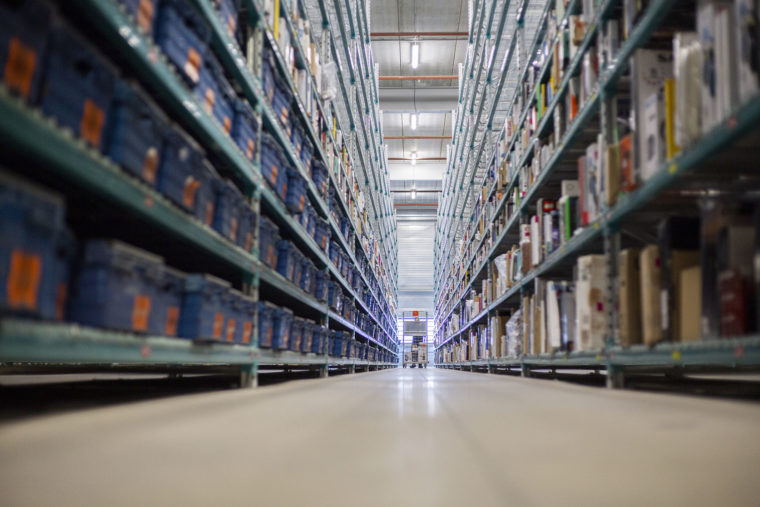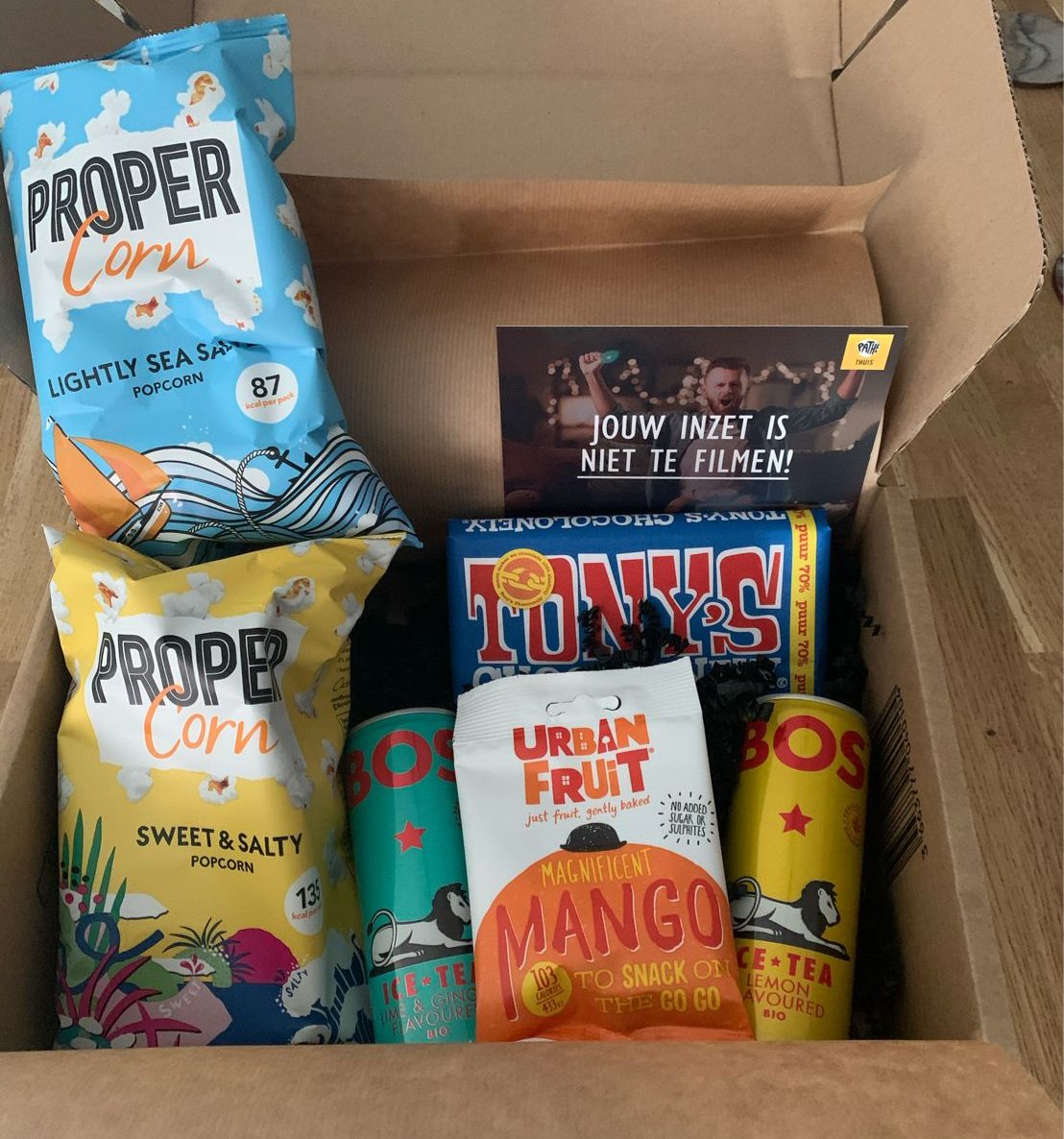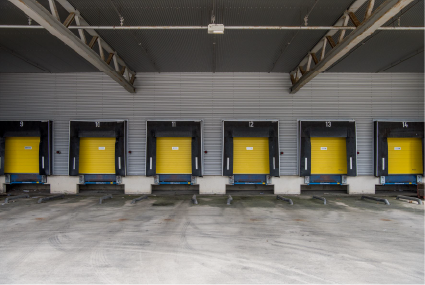The COVID-19 pandemic has completely changed how we are working in our warehouse. We tried many things to adapt to the new situation, some of which failed, some of which worked. In this post, we want to share everything we did and the things that seem to work for us.
As a bit of context: we have a site in Wijchen with around 140 employees. We do a number of activities here: grading of returned items, preparing these for the next buyer, as well as fulfillment for our eCommerce customers. We provide next-day delivery, so any disruption in our ability to fulfill orders has an immediate impact on our revenue as well as our reputation. We also grew quite significantly during the last year, which meant we had to scale up our operations and train many new colleagues.
The points written below are the result of trial-and-error and exchanging a lot of tips & tricks with other companies. It comes with a big fat disclaimer: we haven’t figured everything out yet and what works for us, might not work for everyone else. Nevertheless, we hope you take the best things from our learnings and hope you will share your insights with us as well so we can continue to improve as well.
The things we did can be grouped in (1) Safety practices and (2) Morale boosters.




